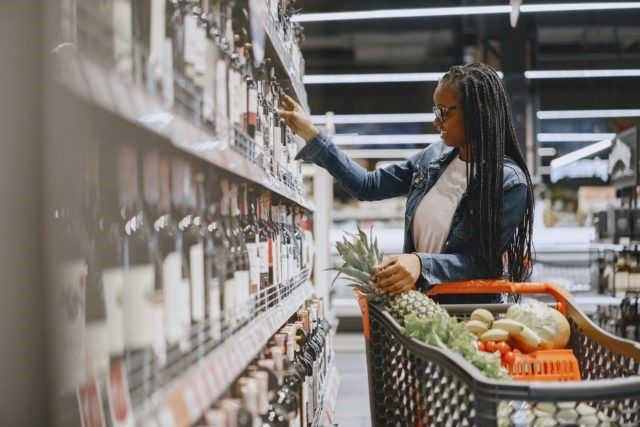
Major pain for retailers in South Africa
Retail sales have continued to decline in South Africa, the latest data from Stats SA shows.
According to Stats SA, measured in real terms (constant 2019 prices), retail trade sales dropped by 1.8% year-on-year in July.
The biggest negative contributors to the decrease were general dealers (-4.1% and contributing -1.7 percentage points) and retailers in hardware, paint and glass (-6.8% and contributing -0.6 of a percentage point).
However, seasonally adjusted retail trade sales remained unchanged from June to July, following month-of-month changes of -0.9% in May and 0.3% in June.
However, retail trade sales decreased by 2.2% in the three months ended July 2023 compared to the same period in 2022.
Again, the largest negative contributors to this decrease were general dealers (-4.7% and contributing -2.1 percentage points); and retailers in hardware, paint and glass (-7.2% and contributing -0.6 of a percentage point).
The only positive contributor was retailers in textiles, clothing, footwear and leather goods (6.8% and contributing 1.1 percentage points).
In addition, seasonally adjusted retail trade sales decreased by 0.3% in the three months ending July 2023 compared to the previous three months.
The biggest negative contributors were, yet again, general dealers (-1,0% and contributing -0,4 of a percentage point) and retailers in hardware, paint and glass (-3,3% and contributing -0,3 of a percentage point).
Sentiment varies
The declining sales more or less aligns with the Bureau for Economic Research’s (BER’s) latest quarterly Retail Trade Survey, which noted that retailer confidence remained low at 32% in Q3.
Fears over load shedding during the winter months hurt confidence, the BER said.
“Although load-shedding remains a harsh reality, inflation has moved to within the target band so far in quarter three,” the BER said.
“For the first time since November 2021, the SARB did not hike the policy rate at its July meeting. These factors likely contribute to the improvement we see in retail confidence.”
The BER added that there were different levels of sentiment depending on the category, with interest rate-related sectors seeing the largest strain.
Dealers of new vehicles and retailers selling durable goods, for example, said that they saw declining sales volumes.
On the other hand, sellers of non-durable goods were more optimistic about sales volumes in the quarter, with dropping food inflation boosting confidence in the category.
Semi-durable retailers also saw sales continue to grow, which the BER said was due to the strong recovery in employment in the first half of 2023 – which boosted clothing and footwear sales – and the demand for apparel due to the 2023 Rugby World Cup.
The BER said that retail sales could improve in the upcoming quarters if inflation remains stable and interest rates do not climb.
“However, as long as load-shedding persists, it will continue to dampen consumer spending in the sector,” the BER said.
News Category
- International retailers
- On the move
- Awards and achievements
- Legislation
- Wine and liquor
- Africa
- Going green
- Supplier news
- Research tools
- Retailer trading results
- Supply chain
- Innovation and technology
- Economic factors
- Crime and security
- Store Openings
- Marketing and Promotions
- Social Responsibility
- Brand Press Office
Related Articles

Empowering South African households through gro...

SPAR shares practical tips to beat food inflation

South African motorists could be paying up to R...

Big VAT changes on the cards


